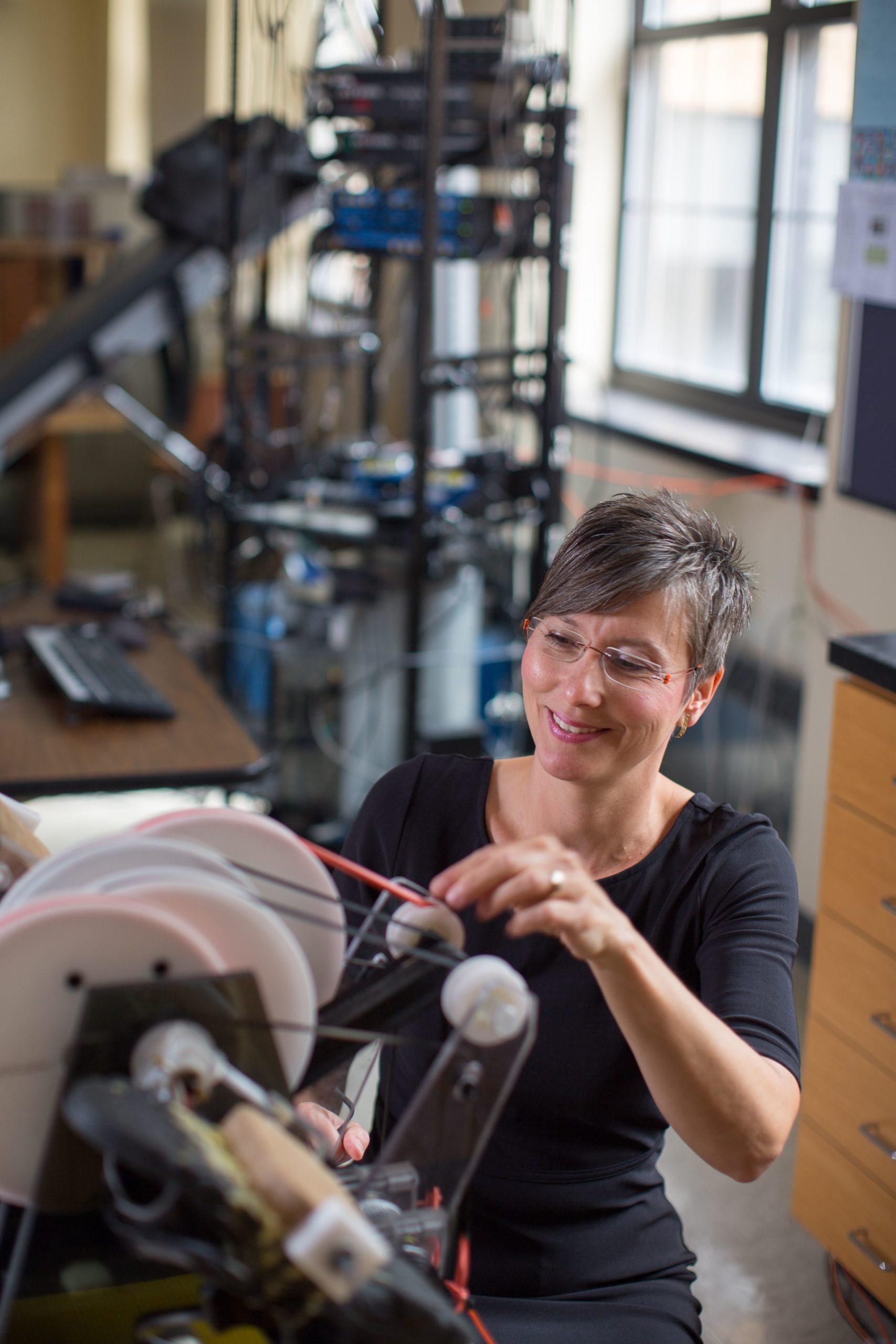
Shop Talk is a newsletter published by The Evidence Workshop, LLC.
It helps clinicians integrate the best research evidence into front-line practice.
Get ready; it’s time for a tutorial on PubMed.
Last week, a dear friend of The Evidence Workshop and a Shop Talk reader told me he had been searching Google for some research articles.
I gasped and said, “Google? Why Google?”
He said, “It’s free.”
I have nothing against Google; I use it all the time for shopping and community events. I used it on Monday to find news feed about an explosion near my hometown. But I don’t use it for literature searches. Sure, you can find a lot of free articles through Google Scholar, and it has shortcuts to some of the big journals like Science, Nature, and the New England Journal of Medicine. But, if you really want to search the biomedical literature, there is no substitute for PubMed. Like Google, PubMed is free. Well, sort of. It’s funded by the National Library of Medicine, which is part of the National Institutes of Health, which is funding by the US taxpayer. That’s right, you are paying for PubMed, which is even more reason to use it.
My friend works for a non-profit healthcare organization. His group is considering using Fitbits, Apple Watches, or other wearable devices to help with medication adherence. Remember that time you forgot to take your medicine? You’re not alone. A lot of people forget. And no surprise, medicine doesn’t work well if you don’t take it. So, medication adherence is a problem worth solving. But before offering everyone a cool new gadget, the group wanted to see if the literature supports the use of wearables to solve the “skipped medication” problem. In a few minutes, we retrieved 20 citations from PubMed. Here’s how we did it.
- Go to www.pubmed.gov.
You will be redirected to https://pubmed.ncbi.nlm.nih.gov/, which is fine. - Beneath the Explore icon, click on MeSH Database.
MeSH is PubMed’s thesaurus.
Every condition, treatment, medical device, body part, and more has a MeSH term assigned to it. If you search PubMed with the right MeSH terms, it will almost always give you what you’re looking for. - Type wearable device in the search box and click Search.
When you do that, PubMed will spit out the term Wearable Electronic Devices. This means that PubMed likes it when you call Fitbits or Garmins Wearable Electronic Devices. Hold that thought. - Delete wearable device, and type medication adherence in the search box. Click Search.
This time PubMed will spit out the term Medication Adherence. It seems that, in this case, you and PubMed are already speaking the same language. Hold that thought. - Click on the box to the left of the search box that says MeSH.
You will see a long list of databases curated by the National Library of Medicine. Scroll down to the “P” section and click on PubMed. If you did it right, the word PubMed will now be in the little box. - In the search box, type the following:
Medication Adherence [MeSH] AND Wearable Electronic Devices [MeSh]
then click Search.
Yes, those are square brackets. and is in all caps.
You are telling PubMed to find everything it has at the intersection of wearables and medication adherence. By placing MeSH in square brackets, you are using PubMed’s preferred language. PubMed speaks MeSH. - You should see 20 citations; I call them hits. Those that are free will be labeled Free article or Free PMC article. Just click to access them. If they are not labeled Free, you need a subscription to the journal to access the full text. If you work in a university, government facility like the VA, or big hospital system, your employer might have a subscription. If you do not know how to access you company’s library holdings, ask your librarian. He loves hearing from you.
This method works for nearly every topic in the biomedical literature. The steps are simple.
- Go to www.pubmed.gov.
- Find the MeSH term(s) for your idea(s).
- Search PubMed with the proper MeSH term(s).
- View your papers.
